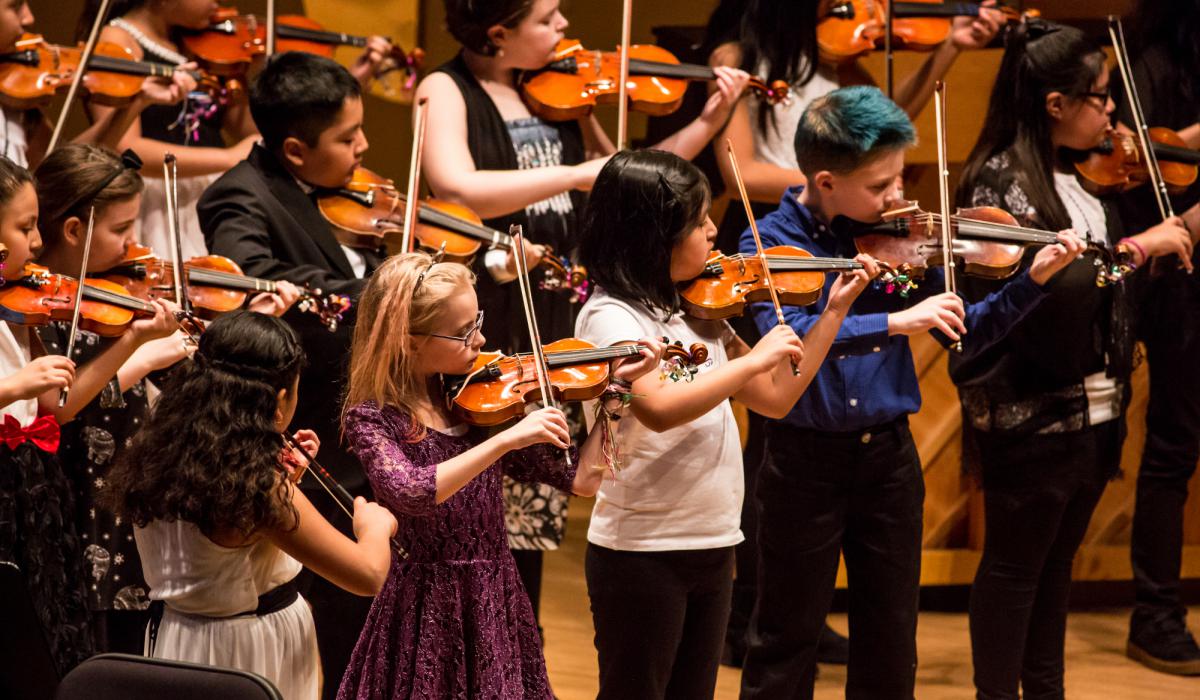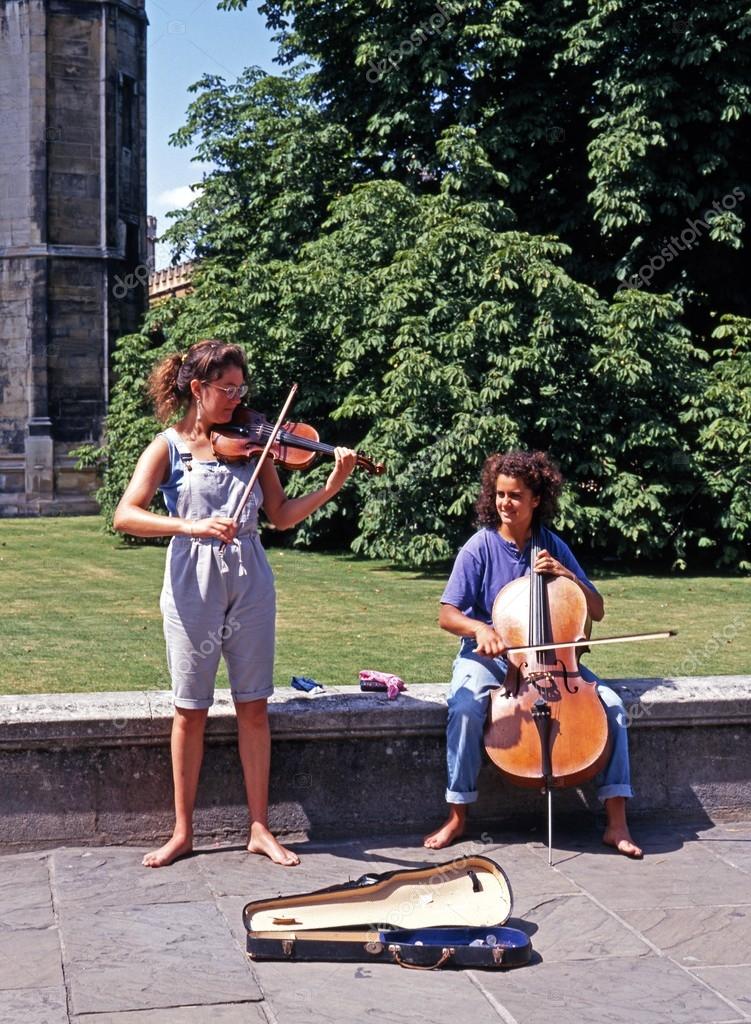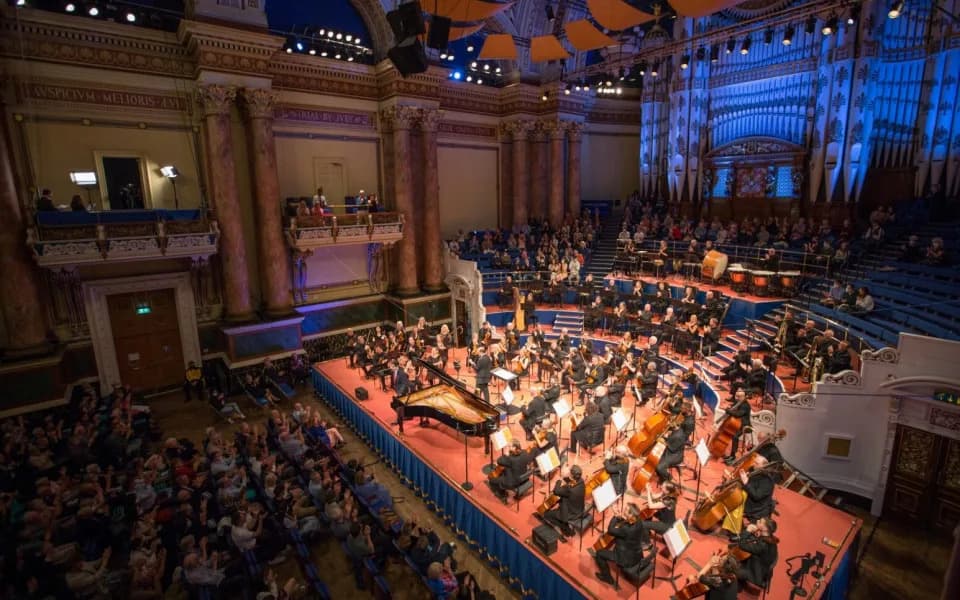One of my adult students, who happens to be a heart surgeon, came to a lesson last week with an idea. For his upcoming birthday, during the gathering at his home, he’s thinking he’d like to perform three or four cello pieces with the piano accompaniment for his friends. “Tell me if I’m crazy!” he said. I told him I thought it was a terrific plan. Not only would it give him the incentive to prepare and polish some pieces, but I was certain his friends and family would no doubt be delighted and proud of his accomplishments. And what could be more special than sharing music?” We selected music we thought he could play beautifully in six months, music that is pleasing to an audience—Enrique Granados Orientale, Rachmaninoff Prelude, and the first two movements of Haydn-Piatigorsky Divertimento, with piano.
12 Danzas españolas (Spanish Dances), Op. 37, DLR I:2: No. 2. Orientale (arr. for cello and piano)
Rachmaninoff: 2 Pieces, Op. 2: No. 1. Prelude

© Minnesota Youth Symphonies
Several of my adult students are passionate about their playing and are dedicated to setting aside time each day to make music, nurturing a lifelong passion, no matter their level of accomplishment. It got me thinking. What advice would I give young musicians, so they will always love playing music, wherever life takes them? Here are ten suggestions:
1. Play everything beautifully, even scales and exercises, with a warm alluring tone. Your sound quality is your voice, which should please you and your audience.
2. Always try to play with ease. Release any and all tension. Your music will flow if your body feels free. Think about breathing, and use the least amount of effort to execute a phrase.
3. Experiment with the way you express the music. Search for better and more meaningful ways to communicate. Avoid playing a phrase the same way twice. Change something—the phrasing, the dynamic, the fingering, the bowing, the bow speed, the sound quality.
4. Study the music away from your instrument. Attend performances of great music and outstanding musicians. Listen to a variety of artists’ masterclasses and recordings, including historic recordings. Compare their approaches, but never imitate. Try to find your unique interpretation.

5. Practice consistently and carefully. One hour a day is better than three hours every three days. Never let a passage go by that is out of tune, poorly executed, or sounds ineffective. Consistency will lead to fluency. Listen for interruptions in the musical line. Analyze what didn’t work and go back over the passage with questions—was it due to a fingering, a shift, a bow-change, a breath, a string-crossing, the position of your hand or arm?
6. Seek out excellent teachers and colleagues. Learn from as many of them as you can. Be a good colleague and collaborator. Be willing to play with others, and to listen to others.
7. Play for people and perform often—at your place of worship, in your home, at community centers, or recital halls. Join a community orchestra or form a small ensemble that gets together frequently. One learns very quickly what works and what doesn’t in the performance situation.
8. Musicians are constantly criticized. Heed constructive suggestions but try not to take them personally. Learn to incorporate useful information to improve your playing.
9. Perfect pieces within your capabilities. Work on the techniques, which will help you play a piece skillfully, and will allow you to focus on communicating the music. Avoid struggling with a work that is beyond you at the moment.
10. Have confidence. Playing music is a process. Celebrate every milestone. If your goal is to move people emotionally not playing “perfectly” you will have succeeded. It’s a privilege to learn to play music. It’s an even greater privilege to share music with others. Remember, your audience and the colleagues with whom you are playing are there for the collective experience, for beauty, for transcendence.
Our world today has unique challenges. Economies are moving further away from traditional employment. In a world where innovation and originality are so important, where logical thinking and the ability to innovate are sought-after talents—imagination, inventiveness, tenacity, and creativity have become coveted skills. Learning a musical instrument enhances these skills and uses your head, as well as your heart. Making music will always enrich everything you do in life.
For more of the best in classical music, sign up for our E-Newsletter




This is great advice. One item I’d mention as an adult student is that it’s sometimes the significantly harder pieces actually drive my progress, because I’m super passionate about the work. Obviously this needs to be carefully balanced to avoid injury. My teachers have found this to be a really interesting difference between kids and adults. Adults know how to learn and have the patience to attack challenges in larger chunks and appreciate the incremental daily progress.